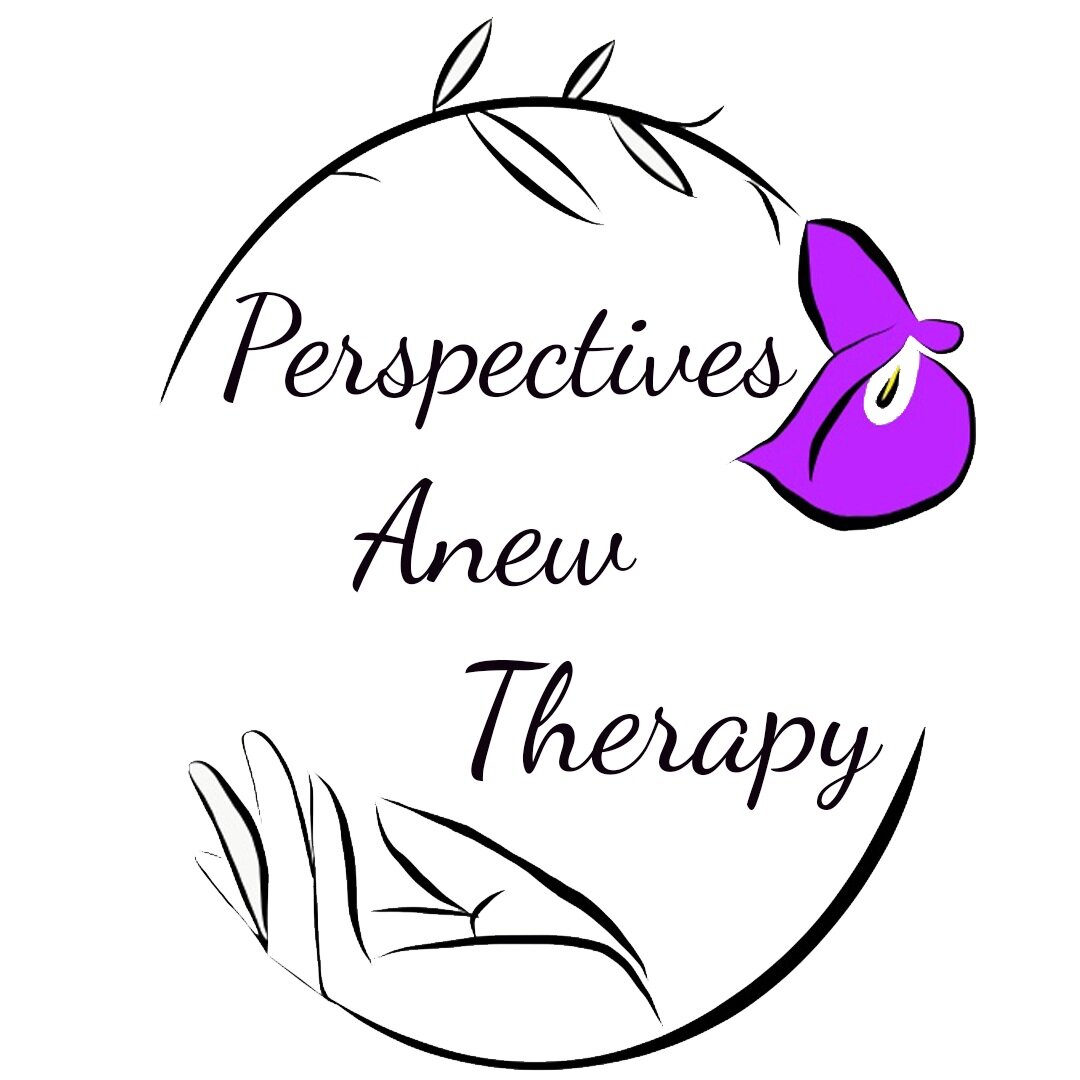Substance Use Disorder
Substance use disorder, sometimes referred to as drug addition, is a brain disease that results from a genetic predisposition and unresolved trauma. Because this disorder is a disease, the myth that addiction is a choice and a person can stop at any time is not factual. Substance use disorder has a negative impact on a person’s brain and behaviors resulting in an inability to control the use of legal or illegal substances. The dysregulated nervous system is seeking a way to regulate itself, and when a substance causes an individual’s nervous system to feel regulated that feeling is further craved.
Substance use disorder is considered a family disease for three specific reasons. The first being that the disease requires a genetic predisposition which is why we see families with generational reports of substance use disorders. Second, family dynamics play a massive role in the development and perpetuation of substance use. Lastly, addiction has a massive impact on both the individual living with the substance use disorder and those within the family. Education during family therapy should highlight how the family members enable and contribute to the person diagnosed with a substance use disorder while becoming educated on the disorder as a whole.
Symptoms of substance use disorder include feeling like you require the substance daily, intense urges that block out other thoughts, gradually requiring more of the substance to experience the same effects, withdrawal symptoms, continued substance use despite harm it may be causing, and risky behaviors such as stealing or driving under the influence. Adolescent substance use disorder may look like problems at school or work, physical health issues, decrease in hygiene, changes in behavior, and financial issues. Signs and symptoms of drug use or intoxication can vary depending on the substance being used. For example, a person under the influence of benzodiazepines may have slurred speech, a lack of inhibition, and a lack of coordination. However, someone under the influence of cocaine may have increased alertness, rapid or rambling speech, and insomnia.
When receiving treatment for a substance use disorder, there are a plethora of options that can help. The three types of rehab treatment include detoxification centers, inpatient/residential rehab, and outpatient rehab. Individual, group and family therapy are highly suggested and the format should be based on what an individual believes will work best for them. Cognitive Behavioral Therapy, Contingency Management, Dialectical Behavioral Therapy, EMDR, Rational Emotive Behavior Therapy, and 12-Step Facilitation are evidence-based treatments that are proven to help aid in the treatment of a substance use disorder.
Source: American Addiction Centers, Mayo Clinic
